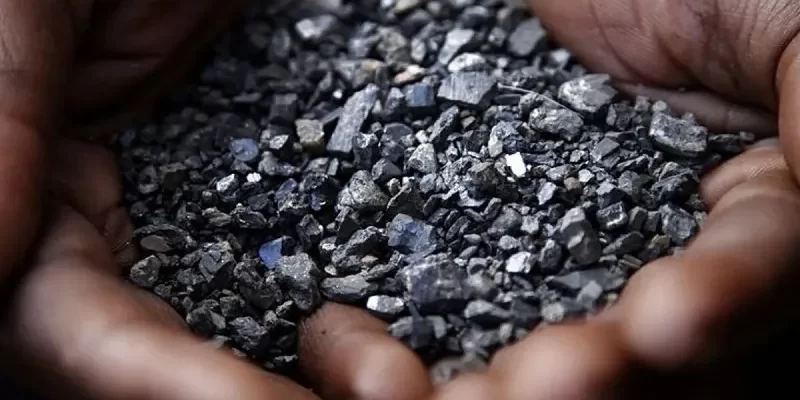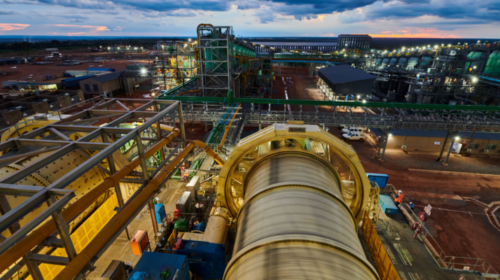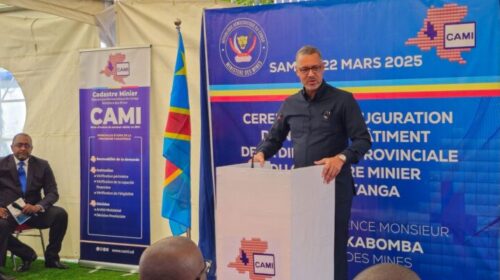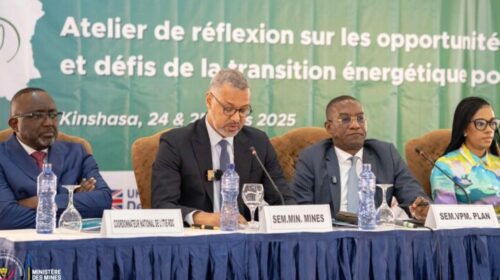U.S. Condemns Illicit Mineral Trade from Conflict Zones in DRC
On Monday, July 8, the United States condemned the ongoing illegal trade of minerals from conflict zones in the Democratic Republic of Congo (DRC).
The State Department emphasized that these natural resources transit through Rwanda and Uganda before reaching other countries for refining.
These minerals, including gold and tantalum, are often extracted in artisanal and semi-industrial manners and play a significant role in funding the conflict.
“These minerals often benefit armed groups and leave the country via Rwanda and Uganda before being transported to major refining and processing countries,” the State Department stated.
Rwanda and Uganda, neighboring countries to the DRC, are accused of supporting the M23 rebels, who occupy vast areas in the Rutshuru, Masisi, Nyiragongo, and Lubero territories of North Kivu.
According to the United Nations mission in the DRC, the M23 has also reached South Kivu via the territory of Kalehe. All these areas are rich in minerals.
“These supply chains facilitate the illicit exploitation and taxation of these minerals, often involving corruption. Concerns also include human and labor rights violations such as forced labor, child labor, and gender-based violence, particularly in artisanal mining areas.
The U.S. government encourages reform of flawed industry-led traceability initiatives in the region, emphasizing greater transparency and more robust due diligence mechanisms,” the statement added.
Many mining sites in eastern Congo are currently occupied by armed groups supported by Rwanda and Uganda, particularly the M23.
In response to the situation, the DRC government is seeking international sanctions against multinationals involved in the illegal exploitation of the country’s natural resources. The DRC has taken legal action against American giant Apple for the illicit exploitation of Congolese minerals.
109 total views , 1 views today





